Historical Materialism and the Economics of Karl Marx
Historical Materialism and the Economics of Karl Marx
Translated by C.M. Meredith with an introduction by A.D. Lindsay.
Book Excerpt
social necessity is taken as uniform, and the difference in value taken to represent differences in hours of work. While the main abstract contention remains the same, most of those who argue that in a system of unfettered economic competition most men get what they deserve, rather readily ignore the existence of monopoly, and assume that this argument justifies the existing distribution of wealth. The chief purpose of Marx's argument is to emphasise the difference between such an economic system and a capitalist society. He is here, as so often, turning the logic of the classical economists against themselves, and arguing that the conditions under which a purely economic distribution of wealth could take place, could only exist in a community where monopoly had been completely abolished and all capital collectivised.
Croce maintains that Marx's theory of value is economic and not moral. Yet it is hard to read Marx and certainly Marxians without finding in them the implication that the values produced
Editor's choice
(view all)Popular books in Philosophy
Readers reviews
0.0
LoginSign up
Be the first to review this book
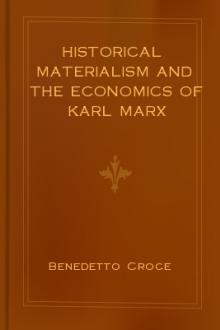
 Free Download
Free Download













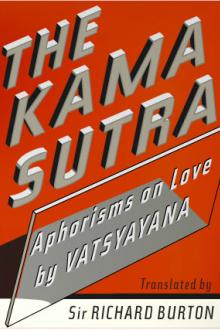

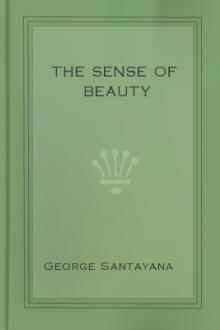
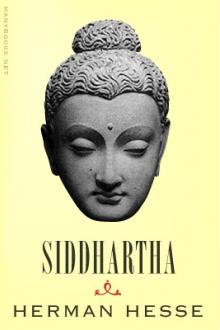
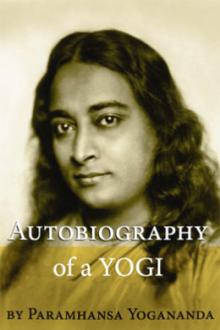
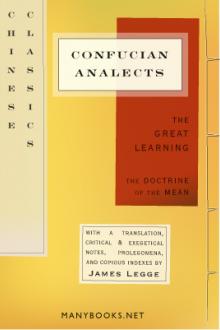
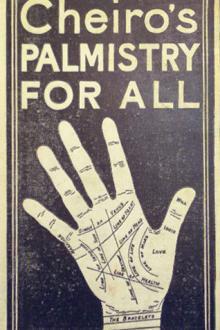
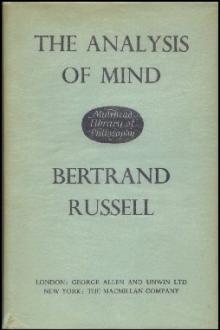
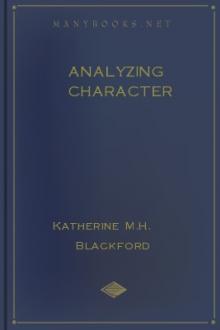
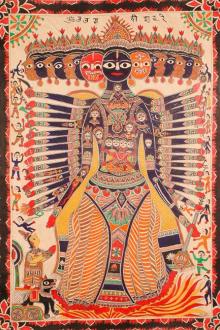
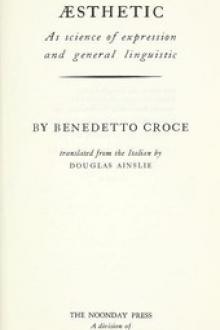

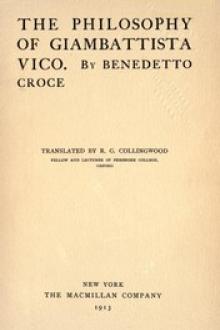
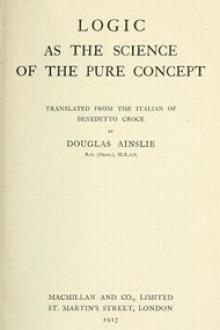
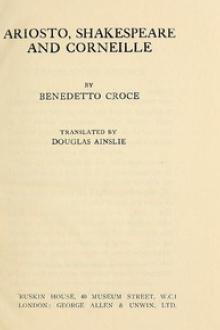
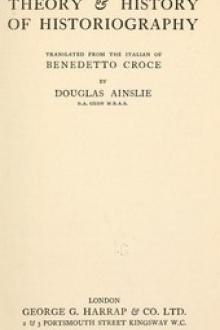
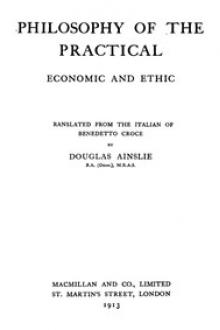
-itok=vcKIB5v1.jpg)